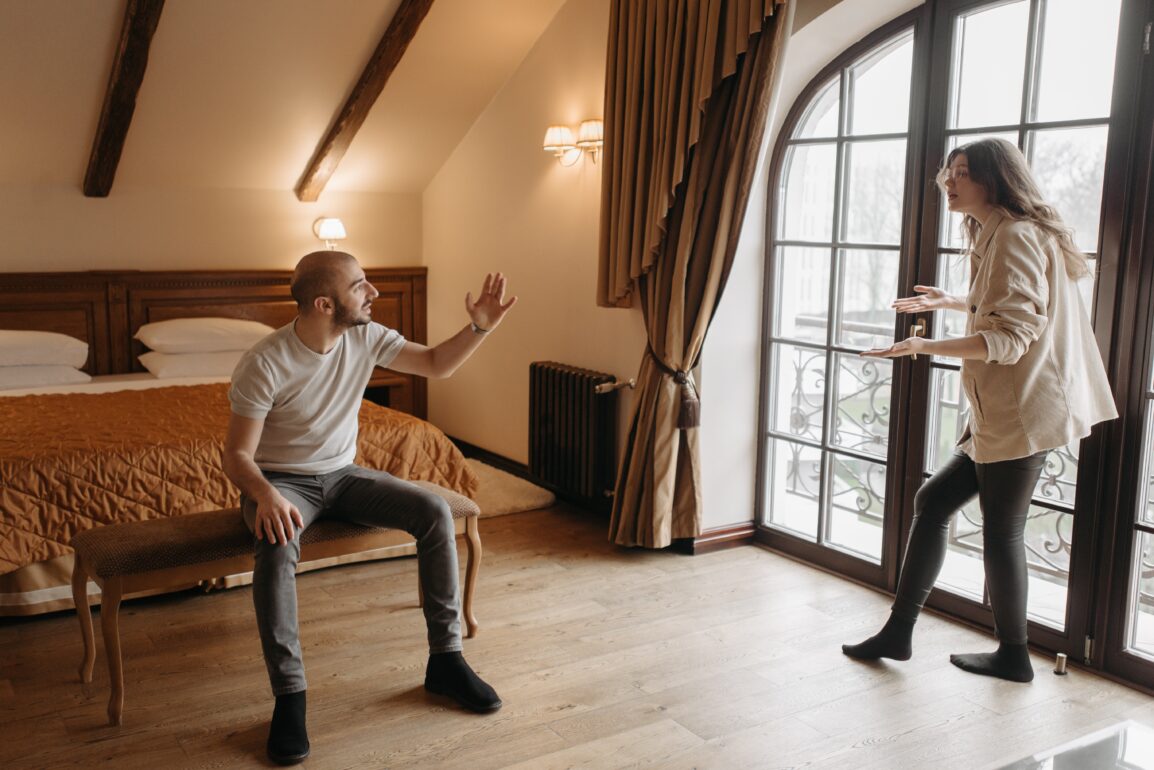In any relationship, the bridge between confusion and clarity is built with words. Improving relationship dynamics hinges on effective communication—without it, partners may find themselves adrift in a sea of misunderstandings and missed connections. Here … Read More
You’re in my way: How personal goals can turn people into obstacles
Let me paint a picture for you. There is a young man and he is a husband and the father of 2 young children. He works a stressful 9-5 job each day. He is a … Read More
Angry Words – Part 2
“…But words can definitely hurt us” In the the previous blog, I discussed ways to recognize anger in ourselves and to employ methods to control or manage the anger such as recognition of signs of … Read More
Play – Part 3: Play to connect
Note: I’ll be referencing specific play personalities throughout this post. If you would like a quick refresher on what each play personality is, please check out my post from last month. A while back, I … Read More
Art of Compromise
Many couples struggle to resolve their issues because they do not understand the art of compromise. Negotiation is possible when you are willing to work with your partner to address your challenges and opportunities together. … Read More
Angry Words
“Sticks and stones may break our bones…” There are so many possible ways to address the use of angry words with one another. In family therapy and in couples therapy, clients are encouraged to be … Read More
Play – Part 2
In Play – Part 1, I shared the importance of play and the devastating consequences that come when it is absent from our lives. Engaging our play personalities is quite possibly the most effective and … Read More
Meaningful Spiritual Growth for Couples
Spiritual intimacy can be the deepest form of intimacy that married couples experience together in their lifetime. Spiritual intimacy takes place when husbands and wives surrender their lives and their relationship fully to the Lord. … Read More
When Children Lie
When my oldest child was 3 years old, he got into a chocolate pie that was in the fridge. A 3-year-old sized handprint was sitting in the middle of the pie. My son had chocolate … Read More
Play – Part 1
The good ole days Now that my kids are in their elementary school years, I find myself often recalling my experiences as a child. Life was much simpler back then. My thoughts were mostly consumed … Read More
- Page 1 of 2
- 1
- 2









